All LinkedIn Articles are posted by Victor J. Quinones, Jr., CEO, Chairman, and Co-Founder at Virtual-Q. Original article posted here.
Working remotely is the new norm for many people in today’s workforce. As a concept, its pros and cons have been explored by companies for years, waiting for the day when mobile technology and connectivity reached levels that were both reliable and affordable. Remote positions gained popularity with employers and employees alike when COVID-19 suddenly made it necessary.
Armed with laptops and working from home was a big shift for industries used to spending eight hours a day in an office. Some businesses haven’t returned to their cubicles, opting instead to go 100% remote. Most, however, upon seeing the value of regular face-to-face connections for staff combined with the flexibility of not being tethered to an office desk, have settled on a hybrid environment: a mixture of remote and in-office work.
According to Cisco’s research, 87% of workers surveyed in EMEAR want the ability to decide whether they work in the office or at home—or in coffee shops, co-working spaces, customers’ or suppliers’ sites, hotels, and other hospitality environments rethinking their business models in light of changing working practices.
A permanent move to a hybrid work environment is a monumental change for any business. A computer originally intended for work is now also used for homework, leisure, and personal projects. What happens when it returns to the office? How can organizations manage new security risks without impacting the productivity of workers who expect flexibility to remain post-pandemic?
Technology and Trust
A successful hybrid environment requires the right cybersecurity tools to keep sensitive data safe, whether it’s being accessed at the office or at home. Companies must establish cybersecurity policies, train employees on proper procedures, and trust people to follow them.
96% of companies said they could improve work environments with intelligent workplace technology.
Fortunately, Virtual-Q can make hybrid remote work a safe and effective option for your business. Our Desktop-as-a-Service product, The Q, manages and protects your critical desktop environment and maximizes system performance and capacity for the changing needs of your hybrid workforce.
Virtualization with The Q is a cost-effective alternative to major capital investments for in-office hardware upgrades, providing the workspace employees need for a predictable, low monthly expense. Most importantly, it reduces the risk of working remotely, establishing secure conditions that protect data from online threats and meet compliance requirements.
Furthermore, our Managed Q consulting team assesses your organization’s readiness for migration to a hybrid environment, including server and desktop usage, server consolidation, application failover and isolation, memory, network, storage, security, and more. Knowing the approximate duration and cost of a hybrid virtualization project lets you accurately and confidently project net improvements to total cost of ownership and return on your IT investment, as well as addressing the needs of employees to work productively from any location.
Rethink How Your Company Works
If you’re ready to rethink how your company works and explore a hybrid environment, contact Virtual-Q today.

Get In Touch
Phone
Main Line: 713-587-2560
Helpdesk: 713-587-2500
Email
sales@virtual-q.com


